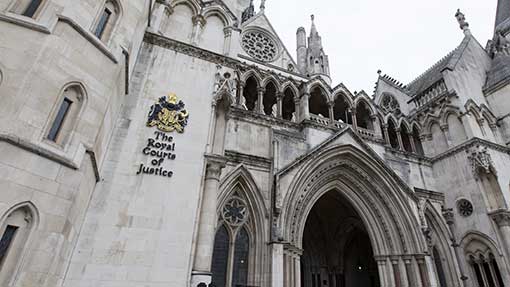High Court challenge to pilot badger culls

Anti badger cull campaigners have won the right to challenge Defra’s pilot culls in the High Court.
The Badger Trust’s Judicial Review will argue that Defra and Natural England have failed to put in place any Independent Expert Panel (IEP) review of the culls due to take place in Gloucestershire and Somerset this summer.
The IEP was commissioned ahead of the trials in 2013 to review the safety, effectiveness and humaneness of culling operations.
But the panel’s report, published on 3 April, was critical of the cull, which neither met targets for effectiveness nor humaneness.
The panel issued a raft of recommendations to improve the culls before they could start again in 2014. It added that further analysis should be made before a wider roll out in 2015.
See also: Quick guide to the IEP report
Soon after the publication Defra secretary Owen Paterson announced that the IEP would not be reconvened to oversee the second phase of the pilot culls in the two West Country counties.
Instead he said the Animal Health and Veterinary Laboratories Agency and Natural England would monitor the trials this year.
But a statement released by the trust on 1 July said that the IEP was needed to oversee the design of data collection, its analysis and interpretation, and that this would be the focus of its High Court bid to prevent the trials from going ahead.
It added, that without a review panel there could be no sound basis on which to make a lawful decision to extend culling around the country.
The trust’s legal challenge has been welcomed by Ranald Munro, who chaired the IEP.
“The Independent Expert Panel’s report states clearly the rationale for ensuring that independent monitoring and the use of the statistically robust sample sizes and analytical methods, as used in the 2013 culls, are followed in further culling exercises,” said Mr Munro.
“If this scientific advice is ignored then the data collected during the proposed 2014 culls will be insufficiently reliable for assessment of humaneness and effectiveness,” he said.
“This means that farmers, veterinarians and scientists intimately involved in controlling bovine TB will be denied the information necessary to allow them to assess whether the IEP’s recommended changes to the culling process have corrected the failings identified by the pilot culls,” Mr Munro added.
